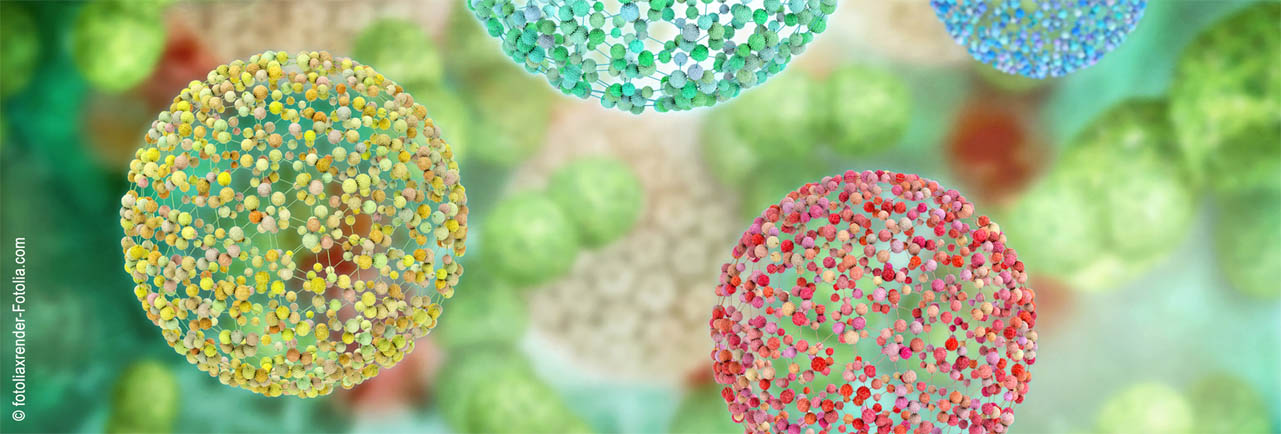Speaker
Description
Peptide-based drugs are needed to treat cancer, diabetes, and irritable bowel syndrome. Peptide drugs are usually taken orally, however their size and hydrophilicity make them difficult to cross the intestinal epithelium, limiting oral bioavailability. Transient "permeability enhancer" (PE) fatty acid-based substances and peptides in the intestinal lumen can overcome the epithelial permeability barrier. PE molecules and other lipid-based excipients can avoid aggregation and improve drug solubility and bioavailability in pharmaceutical dosage forms.
Thus, we wish to perform SAXS, SANS, and molecular dynamics (MD) simulations to study the colloidal structures created by C10 (Sodium caprate, permeability enhancer), taurocholate, and phospholipids (the key components of intestinal fluids) as a function of pH, concentration, and other factors. We wish to employ contrast matching with SANS to locate the C10 fatty acid around these colloids. With this understanding, oral peptide drug delivery systems can be better personalized for different individuals, reducing variability and increasing bioavailability.

